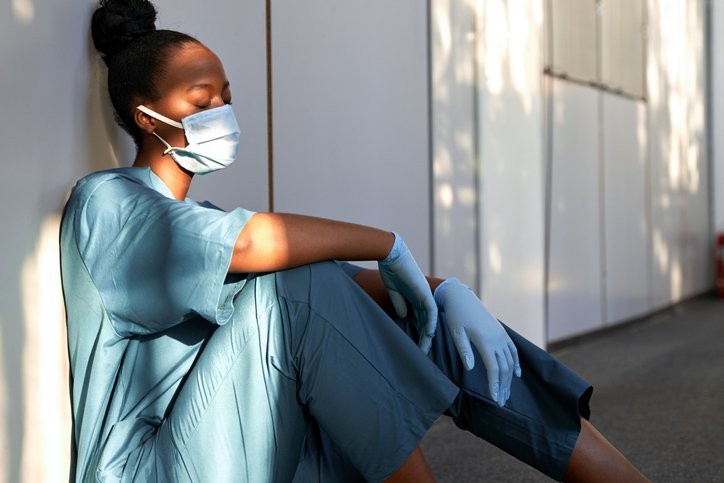Irish surgeons were sleep deprived before working on-call shifts and were even more sleep deprived following on-call shifts, a new study by researchers at Trinity College Dublin (TCD) has found.
The study, titled Sleepy Surgeons: A Multi-Method Assessment of Sleep Deprivation and Performance in Surgery, examined sleep and performance outcomes in 20 doctors at Tallaght University Hospital.
Participants, including consultants from various specialties and surgical trainees, underwent a series of tests and examinations between September 2019 and February 2020.
Registrars were the most sleep deprived while surgical experience was found to reduce the perceived impact of sleep deprivation on aspects of technical performance, but not cognitive performance.
The study concluded that, according to international guidelines, surgeons were objectively sleep deprived pre-call and that they were even more sleep deprived post-call.
“Tasks with higher cognitive demands showed greater levels of diminished performance compared to those with lower cognitive demands,” researchers found.
“Current models of provision of surgical on-call are not conducive to optimising sleep in surgeons. Prioritisation of workload in post-call states, focusing on preserving individuals cognitive resources and utilising lower cognitively demanding aspects of work is likely to have positive impacts on performance outcomes.”
It found higher levels of self-reported fatigue and daytime sleepiness were observed post-call, while “ skill performance was relatively preserved in acutely sleep deprived states, but may be influenced by learning curve effects and experience in surgical tasks”.
The study is the first of its kind to attempt to attempt to measure and define sleep deprivation and its impact on performance while taking into account experience, gender, quality and quantity of sleep.
It also took accounted for the impact of caffeine on fatigue, “which has been previously found to mask true performance by reducing task time, improving reaction time, and reducing subjective overall sleepiness”.
The study is also one of few to control for circadian rhythm influences by employing consistent time measurements in subjective and objective measurements.
Level of experience in surgery appeared to protect aspects of technical performance, such as increased precision on pathlength and reduction in error in post-call states, it was found.
“The additional experience on laparoscopic simulation appeared to further support this mitigation. This may in part be due to aforementioned better sleep opportunities in consultants, but also may reflect the automaticity in completion of technical skill. No such differences were found in cognitive performance, thus refuting hypotheses that experience alone mitigates all aspects of surgical performance.”
The registrar group were the most sleep deprived of those studied, with authors noting that “this has potential ramifications for patient safety and successful functioning of the provision of surgery as these trainees are given increased responsibilities.”
Researchers conducted, among other tests, a electroencephalogram (EEG) study using the Multiple Sleep Latency Test (MSLT) protocol on participants in an attempt to establish markers associated with sleep deprivation.
Researchers believe that EEG, as an objective marker for the measurement of sleepiness, “offers huge potential to harmonise and standardise a definition of sleep deprivation and warrants further investigation when exploring this topic in future research”.
Due to the varying nature of study results on sleep deprivation among surgeons and the lack of definitions on sleep deprivation, researchers noted that “it remains difficult to establish the true impact of sleep deprivation on performance given the myriad of heterogeneous study methodologies of varying quality and thus more rigorous study designs are warranted”.
Further information about the study is available at https://www.sciencedirect.com/science/article/pii/S0022480421004273.













Leave a Reply
You must be logged in to post a comment.